Dry fasting is gaining popularity at a rapid speed thanks to social media platform like TikTok and Instagram. But, is this trend actually healthy? In this post we’ll dive in and see if dry fasting benefits are legit.
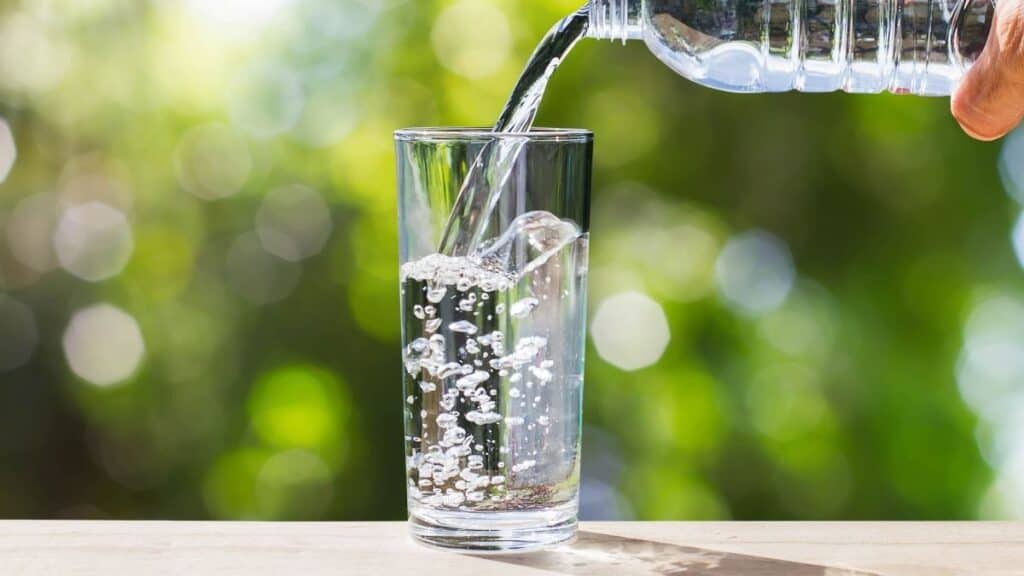
What Is Dry Fasting?
So what exactly is dry fasting? It basically is the idea of restricting/ eliminating not only food but also liquids, including water, for a period of time.
Dry fasting can be done in a variety of ways such as through different time periods such as for a set amount of hours per day, a set amount of days a week, or even fasting a few days in a month.
Some even differentiate between soft and hard dry fasting in which participating in hard dry fast would restrict the use of water to brush ones teeth. Eek…..
How Did Dry Fasting Benefits Get So Popular?
Well, the power of social media and social influence, that’s how. The idea of dry fasting itself isn’t new. Ramadan is a religious holiday that exhibits a similar patterns to dry fasting. During Ramadan fasting from both food and water occurs from sunrise to sunset during the holy month.

However in recent years fasting has made the transition from religion to diet culture. Studies done on the Ramadan fasting pattern have been extrapolated and really promoted by social media influencers. The question is are these studies legit, which we will get to the bottom of in this post.
Are There Dangers Of Dry Fasting?
Before we dive into some of the proposed benefits let’s talk about the dangers. I mean, we’ve been told to hydrate, hydrate, hydrate for so long. Surely there are downsides?! Yep, there are some big ones.
Dry Fasting Causes Dehydration
The human body is ~60% water. As infants our bodies are estimated to be 75% water and decrease to about 55% in the elderly. Our bodies need water like how peanut butter needs jelly or mac needs cheese. The water we consume is necessary for cellular homeostasis (big terminology for it’s necessary for life!). Adequate hydration aids in our digestion, saliva production, maintenance of body temperature, metabolizing our food, and even our brain function.
It’s said that a 2% body water loss can impact physical performance- athlete or not! Dehydration can impact us not only physically, but also cognitively. One study showed that even a body water loss of 1-2% can impair our cognitive abilities.
Not only would the restriction of water be dangerous in a short time period but let’s look a little deeper. Not consuming enough water can cause some major damage on your kidneys such as painful UTI’s and/or kidney stones. Our kidneys are very important as they take on the task of excreting waste from our bodies, essentially our natural detoxification process! Let’s just say our water tanks should never be on empty.

Dry Fasting May Cause Disordered Eating Patterns
When we’re hungry our bodies will do all they can to get us to notice said hunger. So when our bodies are fasting from both food and water they begin to send off all sorts of alarms to try and get one to feed them. It may show signs like stomach pain/growling, irritability, and headache. Not great feelings, huh?
Along with that, if we restrict what our bodies need (i.e. food and water) we will start thinking of food more and more, dreaming of all the meals, snacks, and beverages that aren’t allowed due to the fast. This was observed in the hallmark study on restriction, the Minnesota Starvation Experiment. Basically, these men were put on diets and many developed severe obsessions with food, cookbooks and recipes in general. One man ended up collecting over 100 cookbooks by the end of the experiment because he was actually obsessed with food! This may sound innocent but it can severely impact ones quality of life and their ability to do things like their jobs, enjoy time with family/friends, etc.
As with all fad diets, such as dry fasting, there is an increased risk of developing a binge cycle relationship with food. The Minnesota Starvation Experiment also showed this phenomenon. After the semi-starvation period (diet) was over the men were warned not to “overdo it” but well… their biology was telling them they NEEDED food. So? They went ham. One man actually had to go have his stomach pumped because he said he just “couldn’t satisfy the craving by filling up his stomach” . So as you can see, restricting all energy intake for hours to days when you’re finally “allowed” to eat you’ll likely overeat past the point of fullness.

So, Are There Actually Any Dry Fasting Benefits?
There are no clear benefits of dry fasting, all proposed benefits have countering evidence that states differently. One study points to the benefits of dry fasting and improving inflammation and immunity. While at surface level this study seems great, when you take a closer look there are some serious limitations and other aspects such as lifestyle factors, disease states, etc. that were not taken into consideration. In contrast, further studies show that dehydration has a negative impact on our immunity, such as decreasing our concentration of salivary immunoglobulin A (s-IgA), one of our first lines of immune response. Confused? Yeah, understandable.
Our immune systems are super complex and filled with things called lymphocytes, B cells, and T cells that help to fight off any infections that enter into our bodies. This study shows that there’s actually multiple nutrients that our bodies need (which we aren’t getting when we fast) to boost our immunity such as zinc, vitamin A, E, and C. It also shows us that not only do we need to have a variety of foods that contain these nutrients, but we need to have enough food overall in order to have a fully functioning immune system. Nutritional deficiencies and undernutrition can seriously impact and impair our immunity. Without proper fueling of our bodies we make our immune system work harder and actually put ourselves at higher risk for getting sick.
What I always say is that you can make a study LOOK any way that you want, but you need to evaluate it further. Also, it’s important to weight the proposed pros & cons. For instance, is the said benefit to immunity (which is flawed) more beneficial than reducing the risk for yo-yo dieting/weight cycling and the negative health impacts associated with that? In my opinion, no.
Common Dry Fasting Misconceptions
Dry Fasting Aids In Weight & Fat Loss
First off it’s believed that you will lose more weight (specifically fat) when dry fasting. Now, if you know me at all you know that I don’t agree with intentional weight loss. I do believe in the set point weight theory (you can read my full blog post on the set point weight theory here) and that healthy is not a look nor a size. Furthermore, science have proven time and time again that dieting and intentional weight loss doesn’t work in the long run. And even more, the continual weight loss/gain that comes with the dieting territory actually contributes to negative health outcomes. Still need more? One study showed that it’s health behaviors NOT weight that is a predictor of health status.
I digress, back to the weight & fat loss claims. Studies have looked into the health status of those who practice Ramadan (a fasting pattern similar to those who practice dry fasting), and although there is a decrease in weight it’s mostly believed to be due to a decrease in only water weight. Additionally, a study found that BMI, Body Weight, Body Fat % all decreased from 7 days before fast to 21 days into the fast, BUT all measures increased when compared to 7 days pre fast to one month after the fast. This could tie into the set point weight theory that I was talking about and also the increased hunger and cravings we chatted about earlier that occur when we restrict food/water.

Dry Fasting May Lower Blood Pressure
It’s also stated that during dry fasting there will be an improvement in ones health by lowering blood pressure, which ultimately lowers risks of hypertension. However, it’s shown that when the body is dehydrated blood pressure regulation is impaired. This can be linked to the lack of fluid volume in the body the fancy term being hypovolemia. This will actually wind up impairing your cardiovascular function, not really giving it a beneficial effect.
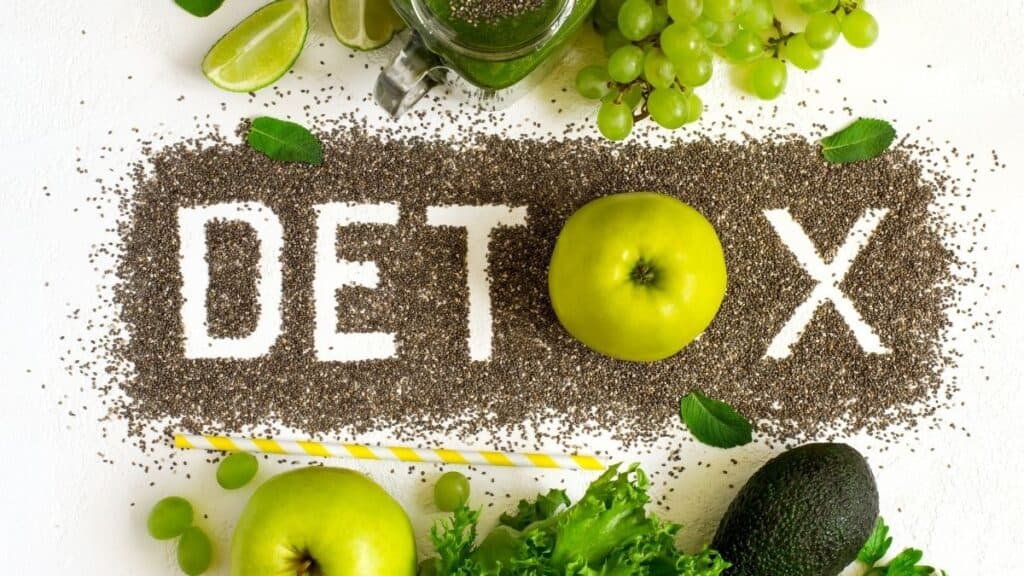
Dry Fasting Will Detox Your Body
Some think that dry fasting will aid in a deep cleanse for your body by removing toxins. Yet… toxins are removed from the body by the kidneys which need water to filter everything. Remember how we talked about dehydration impairing our bodies natural ability to detox? Yeah, I’d call this a big misconception.
The most current scientific reviews have found no compelling research to support the need to detox.
I agree with the research reviews, there is never a need to do anything crazy in order to detoxify, in my opinion. You’ll likely do your body more harm than good in the process. Instead? Focus on treating your body and feeding it in a way that FEELS good. Checkout my post on gentle nutrition for more on this!
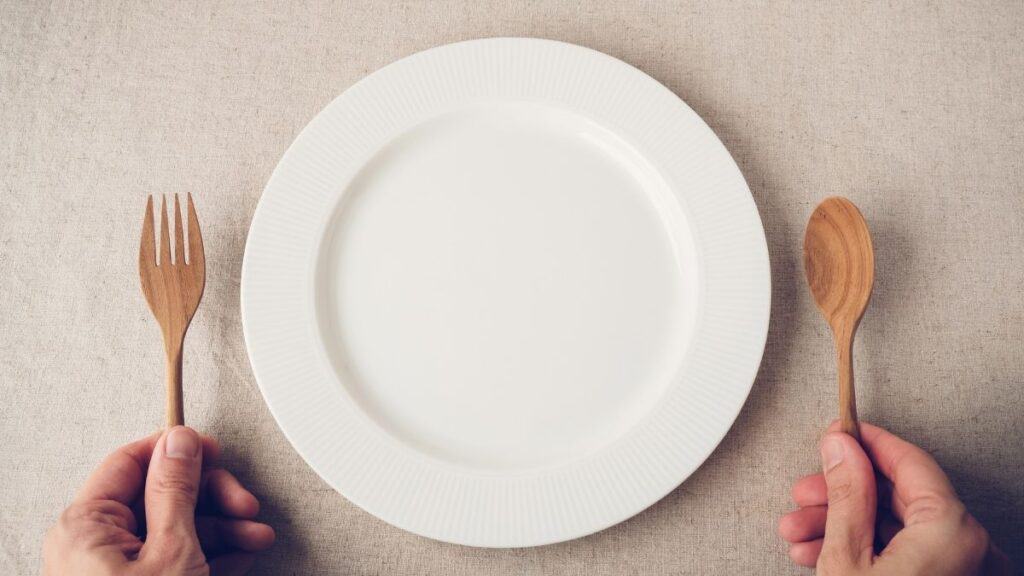
My Final Word On Proposed Dry Fasting Benefits
Overall, when it comes to dry fasting the pros and cons list is incomparable. Dry fasting is a dangerous fad diet with no true beneficial or lasting outcomes, only consequences and risks.
The key to optimizing your health is by listening to what your body needs not what others tell you it needs… like the restriction of food and water. Fad diets like this have the risk to lead to disordered eating, guilt, and creation of rigid food rules.
It’s essential to remember that our bodies know what to do with the food and beverages we consume, quite honestly our body is smarter than we give it credit for. Our stomachs and intestines know how to break down the food we eat to give us energy, our kidneys know how to detox the toxins out of our bodies, and our brains remind us we are hungry and thirsty for a reason. Let’s stop making nourishing our bodies so confusing!
If you’re not sure where to start when it comes to ending the dieting cycle and learning to listen to your body and eat (and drink!) intuitively you can download my free e-book which will give you my 5 step guide to starting to do just that!
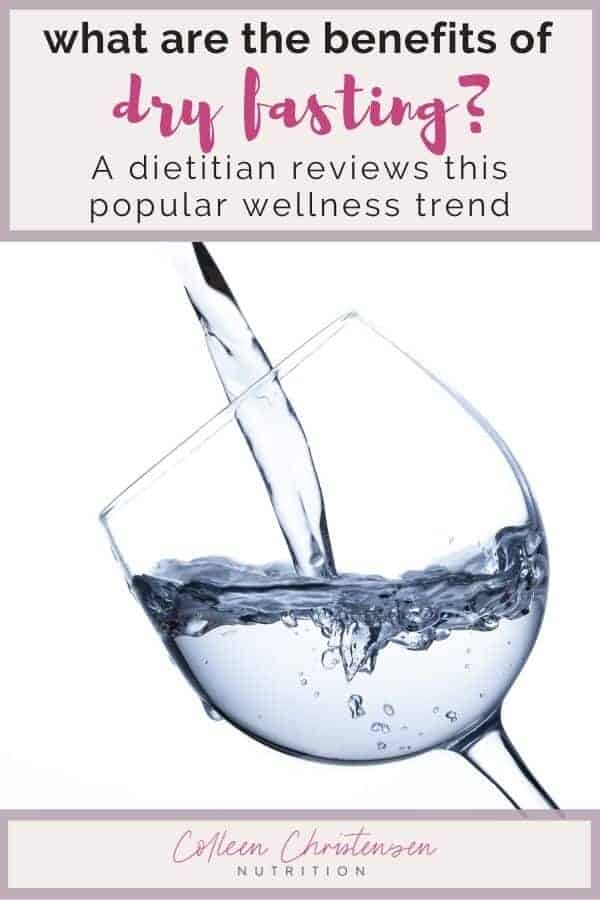
I hope this review on the dry fasting trend & the proposed dry fasting benefits was helpful. Be sure to leave a comment with your thoughts on this or any other diet trends you want me to review!
XOXO
-Colleen
This blog post was researched with the help of Riley Compagner, RD2B.
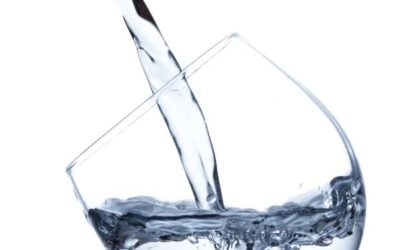

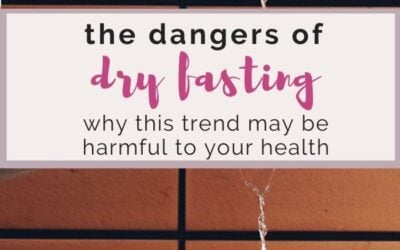



Leave a Reply